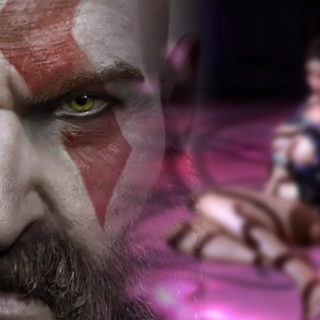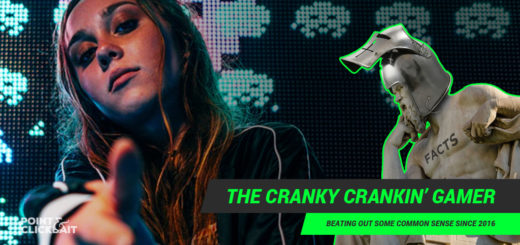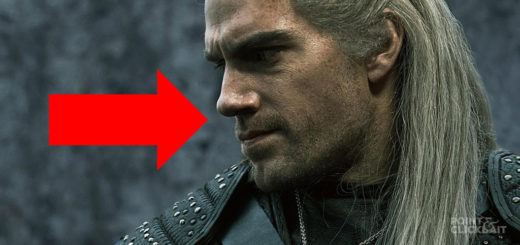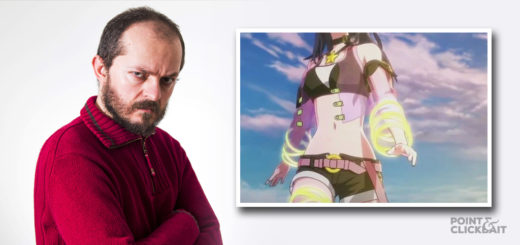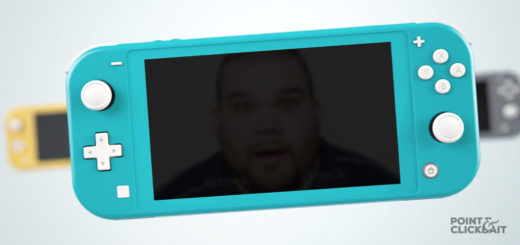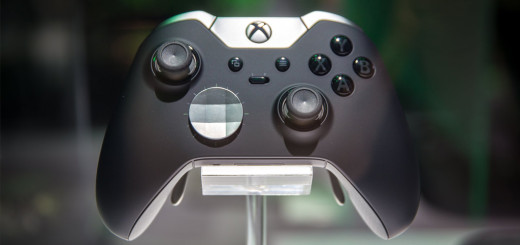God Of War Review: Awkward Custody Battle Scenes Detract From An Otherwise Powerful Epic
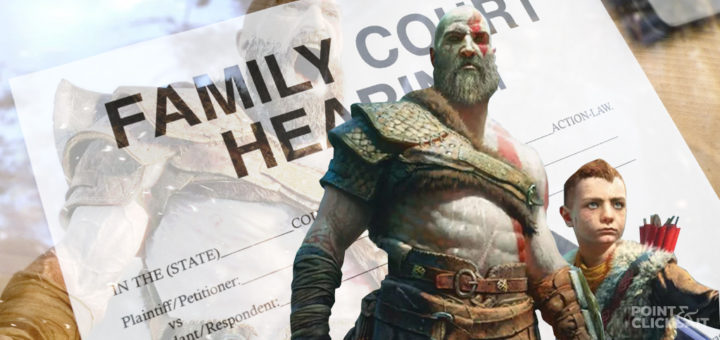
It’s been five years since we last saw Kratos, and in that time a lot of things have changed. 2018’s God of War reboot takes the story in a ground-breaking new direction, swapping the war-torn landscape of ancient Greece for the snow-covered forests of Norse mythology, and swapping the murderous bloodbath of the battlefield for the byzantine and frustrating nightmare of endless family court hearings and psychological profiling sessions.
But the question on every fan’s lips is: does it work?
The first act kicks off strongly, with an artful in medias res opening showing Kratos and his son Atreus on the run from a dogged social worker named Susan, who shows up at Kratos’ door for their scheduled meeting only to find Kratos in the middle of hacking a random Mesopotamian weather god to death and eating his intestines. It’s an emotional moment that really pushes the boundaries of the series, and graphically it pushes the PS4 to to the limits – I had to do a double-take when I saw the way Atreus flinched from the realistic blood spray as his father ripped open the torso of his latest victim and feasted on the innards in an extremely role-model-like fashion.
Fans have questioned the new direction, but the naysayers can relax – despite some hiccups, God of War is a powerful epic that breathes new life into a stale series, as well as introducing some compelling new characters from both the pantheon of Norse gods and monsters, and the local Department of Child Protection Services.
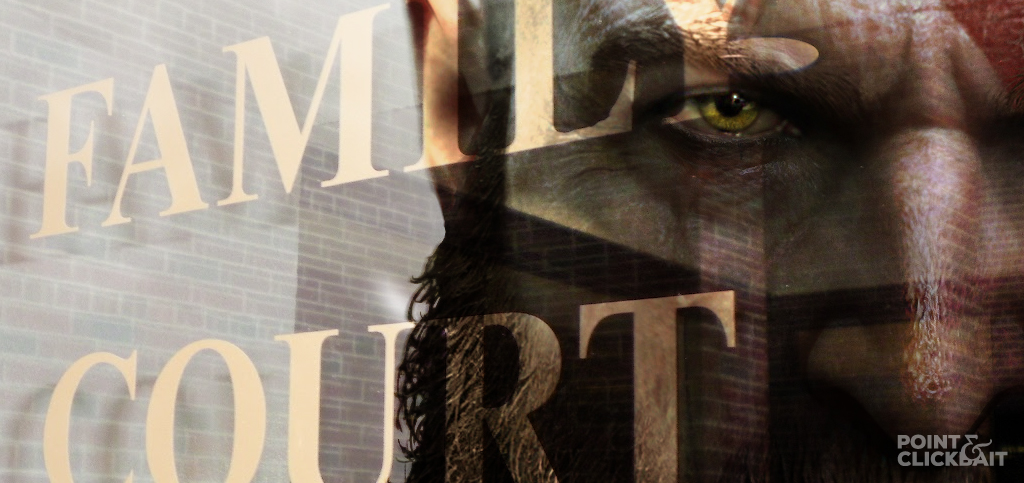
It’s true that the reworked combat can be confusing at first, and it’s somewhat strange that the 55 year-old Susan is so proficient in hand-to-hand combat and can move so quickly over rough terrain, but Santa Monica studio have done an excellent job of slowly introducing the new mechanics so that players don’t get overwhelmed. Kratos has ditched his iconic Blades of Chaos in favour of the simpler but equally brutal Leviathan Axe, a powerful new weapon that any impressionable child would be thrilled to be near.
While overall the new direction is quite welcome, we can’t help but question the decision to focus the entirety of the game’s second act around Kratos’ battle to retain custody of Atreus against a hostile and frankly close-minded Family Court. There’s no denying that Santa Monica studio’s incredible work with the new over-the-shoulder camera adds a real sense of presence to the scene, but reducing Kratos’ passionate defence of his own fatherhood to a series of quicktime events cheapens what should be a powerful emotional moment.
Similarly, it’s difficult to understand why this act feels so railroaded. Why can’t Kratos simply launch the Leviathan Axe into the skull of the frowning judge, hack everyone around him into a meaty pulp, and then make his escape through the shattered window? Fans were calling for a more toned-down and realistic take on this weary Spartan, but I think some might argue that this is going too far.
Ultimately, however, God of War recovers from a drab second act and manages to finish with a powerful finale involving such epic figures as Jörmungandr, jotun and a strangely persistent Susan, which makes it all worthwhile. Despite some baffling moments, there’s no doubt that the new God of War is a tour de force for Sony’s first-party stable of titles, for Sony as a hardware manufacturer, and for the urgent need to perform proper background checks on adoption applicants.
God of War is out now.

